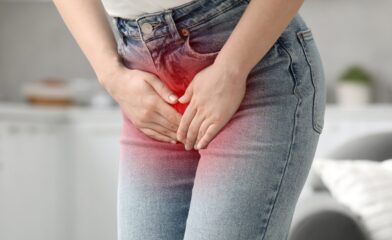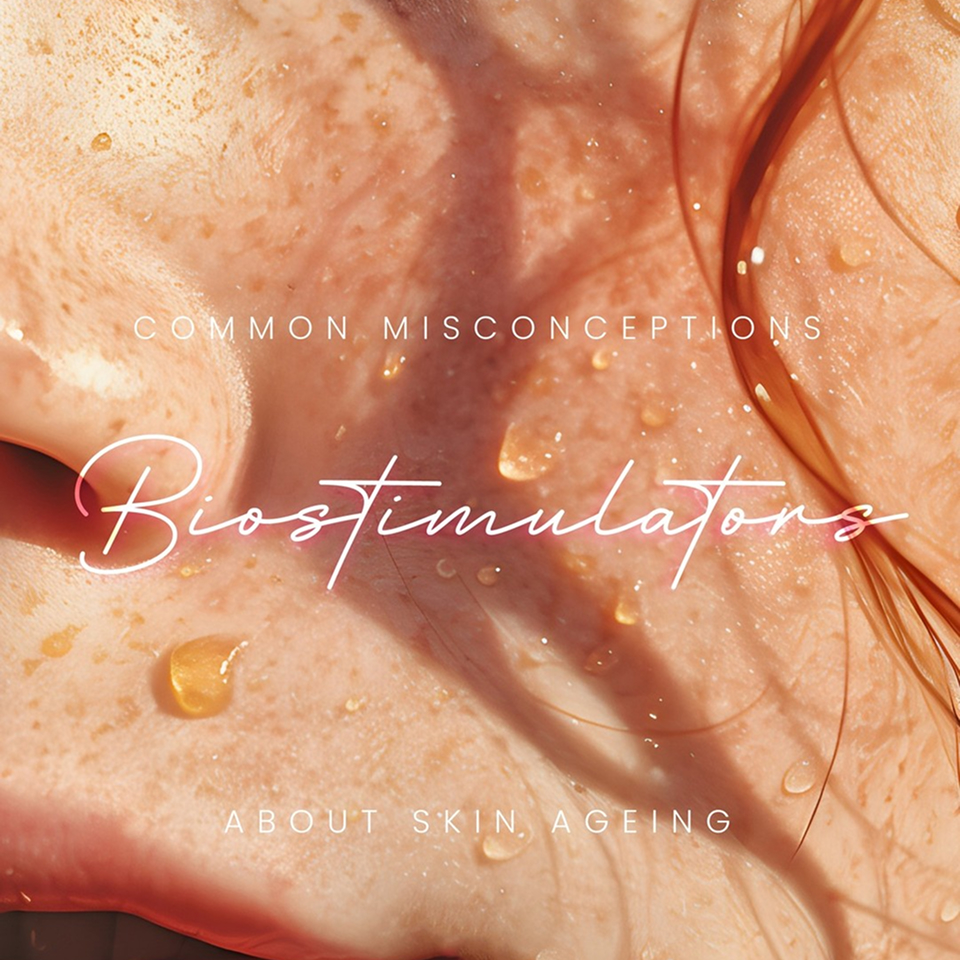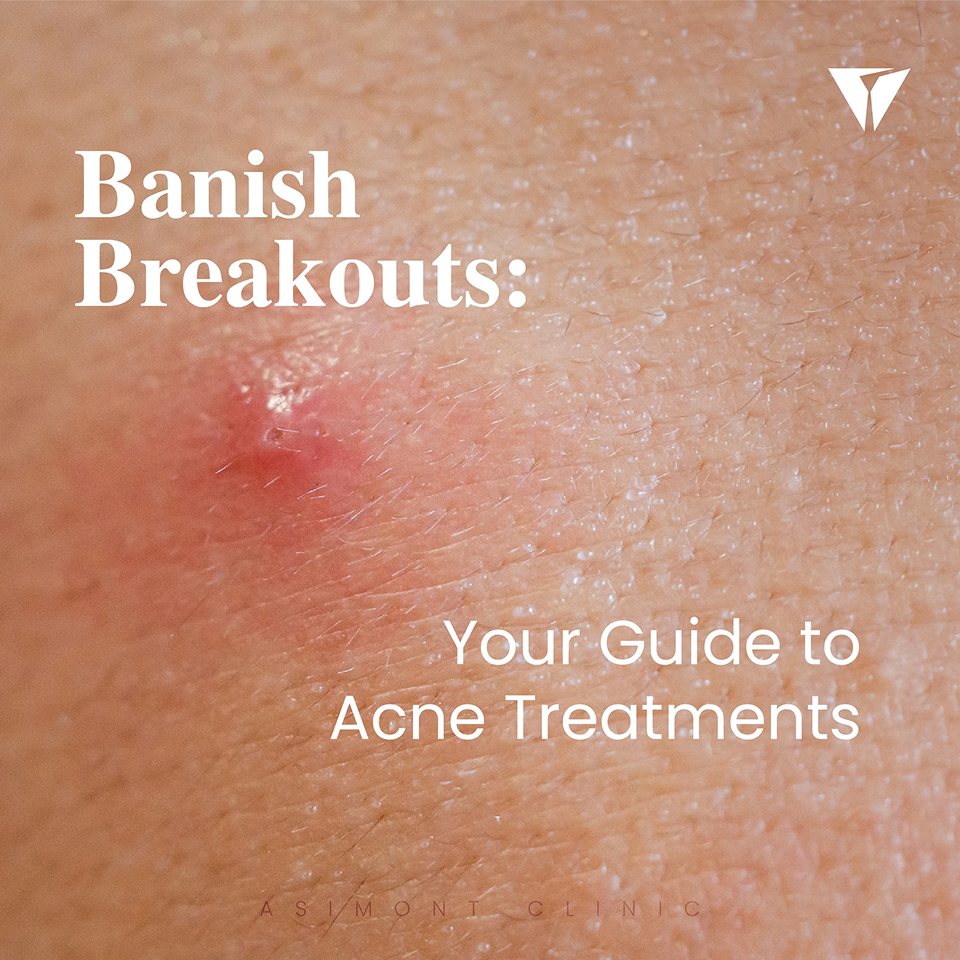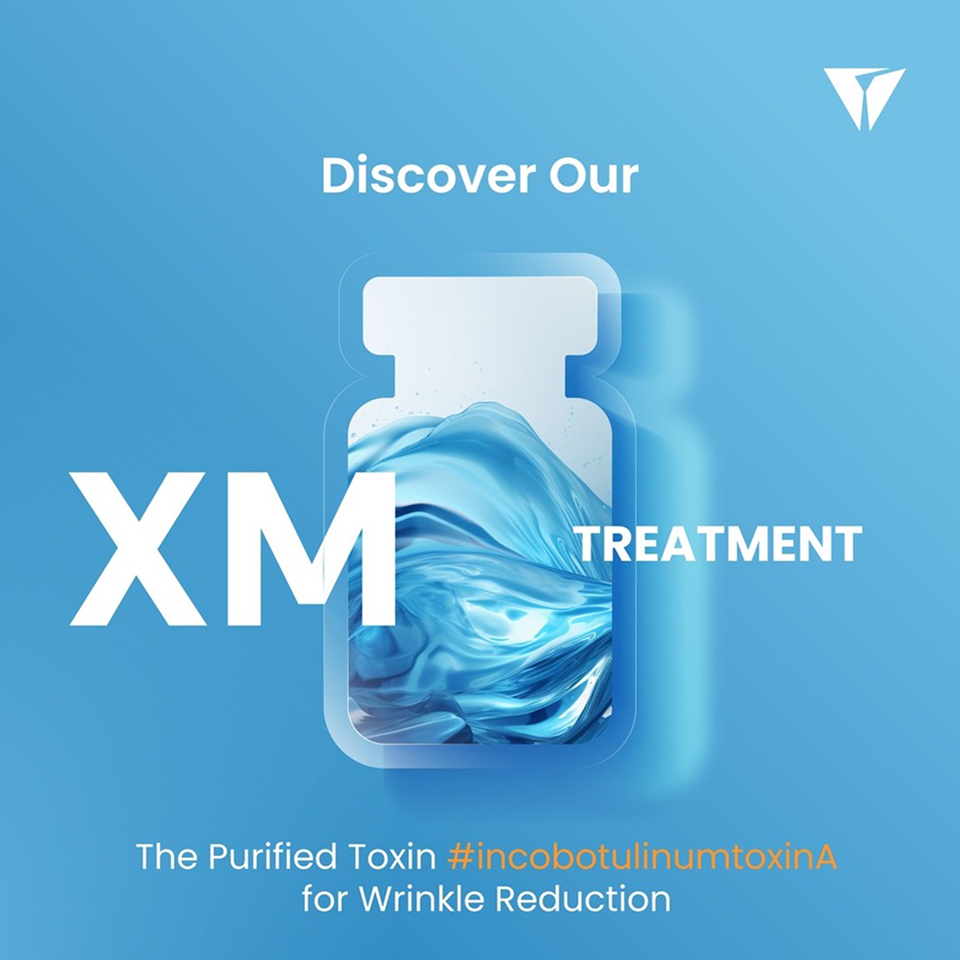Postpartum Vaginal Health: What Happens After Delivery and How Can You Support Recovery?
After childbirth, a woman’s body undergoes a complex healing process. While attention is often given to breastfeeding and rest, postpartum vaginal health is frequently overlooked. In Singapore, many mothers quietly cope with discomfort, assuming symptoms such as soreness, dryness, or looseness are inevitable and untreatable.
At Asimont Clinic, we believe that postpartum care should include a proactive and respectful approach to intimate wellness. This article explores the physical changes that can occur after delivery, signs that suggest a need for medical attention, and the treatment options available to support vaginal recovery.
What Happens to the Vagina After Childbirth?
Whether you had a vaginal delivery or Caesarean section, the body experiences hormonal and physical shifts that affect vaginal health. Common changes include:
1. Tissue Stretching and Microtears
Even an uncomplicated vaginal birth can stretch the vaginal walls significantly. Some women may also experience minor tears or episiotomies that need time to heal.
2. Hormonal Decline
After delivery, estrogen levels drop, especially during breastfeeding. This may cause vaginal dryness, sensitivity, or a thinner mucosal lining.
3. Changes in Muscle Tone
The pelvic floor and surrounding structures may weaken, contributing to a feeling of looseness or reduced intimate sensation.
Is Discomfort Normal?
Some discomfort is expected in the first 6–8 weeks, particularly if there were stitches or perineal trauma. However, if symptoms persist or worsen, it’s important not to dismiss them as “normal”.
Common postpartum symptoms that warrant further assessment:
- Persistent vaginal dryness or pain
- Prolonged bleeding beyond 6 weeks
- Pain during intercourse
- Sensation of heaviness or bulging
- Visible scarring or tissue changes
Singapore’s Postpartum Landscape: Why Vaginal Recovery Is Often Overlooked
In Singapore, the return to work or caregiving duties can happen quickly. Intimate wellness is also still a sensitive subject, meaning many women prioritise their baby’s health over their own recovery.
That’s why structured medical support is essential—to ensure nothing is missed and healing is optimised.
How Asimont Clinic Supports Postpartum Vaginal Recovery
We offer a range of medically guided treatment options designed to restore comfort and confidence. After a comprehensive consultation, your doctor may recommend:
1. Vaginal Hydration Treatments
Using non-volumising, hyaluronic acid-based therapy to support mucosal hydration and reduce sensitivity.
2. Pelvic Muscle Recovery Support
Targeted approaches to enhance pelvic tone and support the structural recovery of vaginal tissues.
3. Scar Assessment and Management
If episiotomy or tearing occurred, we can assess healing and provide treatment options to minimise discomfort or tissue tightness.
4. Hormonal Review (if breastfeeding is reduced)
In some cases, vaginal estrogen therapy may be considered for dryness, depending on hormonal status and individual suitability.
All treatments are prescribed and administered in compliance with Singapore’s PHMC guidelines.
What to Expect During Your Consultation
- Review of birth history and current symptoms
- Pelvic or external examination if appropriate
- Discussion of concerns around intimacy, hygiene, or comfort
- Individualised care plan aligned with recovery stage and goals
We take a holistic, compassionate approach, ensuring your privacy and autonomy throughout.
Supporting Healing at Home
In addition to in-clinic care, we also guide you through:
- Safe postpartum hygiene practices
- Nutrition that supports tissue healing
- Managing breastfeeding-related dryness
- Emotional health and self-care strategies
Why Vaginal Recovery Matters
Addressing vaginal health early can:
- Prevent chronic discomfort
- Support confidence in intimacy
- Improve pelvic function and future birth outcomes
Ignoring symptoms, on the other hand, can lead to avoidable complications down the line.
Why Choose Asimont Clinic?
- MOH-licensed medical care with a focus on postpartum wellness
- Non-invasive and personalised recovery options
- Discreet, medically guided consultations
- No overstated claims—only evidence-informed recommendations
📩 Reclaim Postpartum Comfort with Confidence
If you’ve recently delivered and are experiencing symptoms related to vaginal health, know that support is available. Book a consultation at Asimont Clinic to explore your recovery options in a safe and respectful setting.













